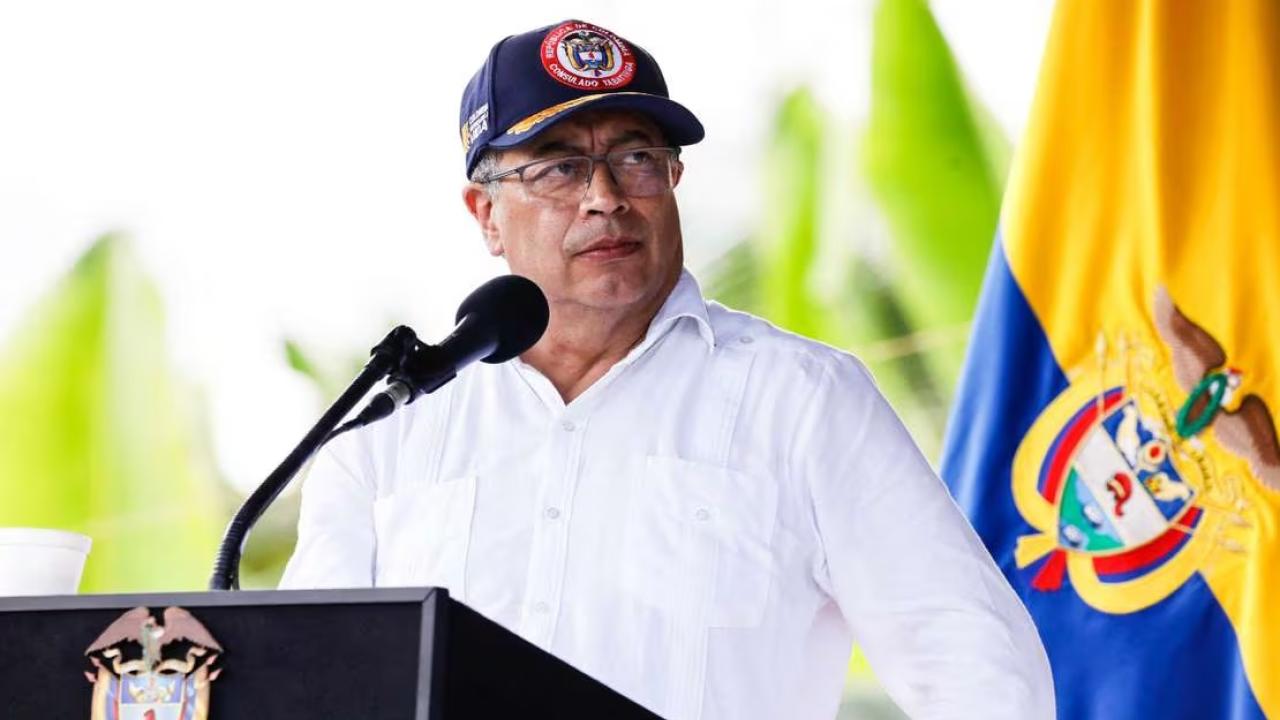
Colombian President Gustavo Petro defended, once again, the proposal to expand the debt ceiling.
The Colombian Ministry of Finance had submitted Congress a bill to allow the Gustavo Petro administration increase public indebtedness and, thus, achieve greater fiscal flexibility.
The concept is framed under the debt ceiling law customarily approved in the coffee-growing country. Establishing a debt limit and respecting it is considered a responsible practice, as it mitigates the fiscal problems that may arise from a disproportionate use of this financial resource (such as over-indebtedness or an unjustified increase in debt).
According to the Colombian Ministry of Finance, the debt quota needs to be expanded so that the country can “undertake external credit operations for the financing of the National Development Plan, service the debt, and comply with the incumbent fiscal financing plan.”
In its argument, the ministry also explained that the new debt quota would respect the Fiscal Rule, as well as the Budget Law.
Recently, President Gustavo Petro once again defended this bill by saying that the debt quota will not represent more money for his government, but rather it will be used to rollover existing debt. “Hopefully cheaper,” he said.
The highlight of the president's statements came when he mentioned that if the congressional committees in charge do not approve the bill, his Government would stop paying the debt or declare an economic emergency. “I won't hesitate to do it,” he stated.
According to the Colombian constitution, declaring an economic emergency and taking measures to stabilize the economy requires that the country faces a truly critical situation. The emergency is usually accompanied by decrees where the Executive, for example, imposes temporary taxes and levies.
The figure of economic emergency was used by former President Iván Duque in the midst of the crisis generated by Covid-19. At the time it was not used mainly to raise more resources, but to issue the financial aid that the most affected sectors of the population needed (through subsidies and lines of credit), as well as the strengthening of the Intensive Care Units (ICU).
“In accordance with the Political Constitution of Colombia, when events occur that disturb or threaten to seriously and imminently disturb the economic and social order or that constitute a public calamity, the President may declare a State of Emergency, which will allow him to act agile and efficient to face the crisis situation and at the same time, minimize the expansion of its effects, through the issuance of decrees with the force of law,” the government detailed at the time.









